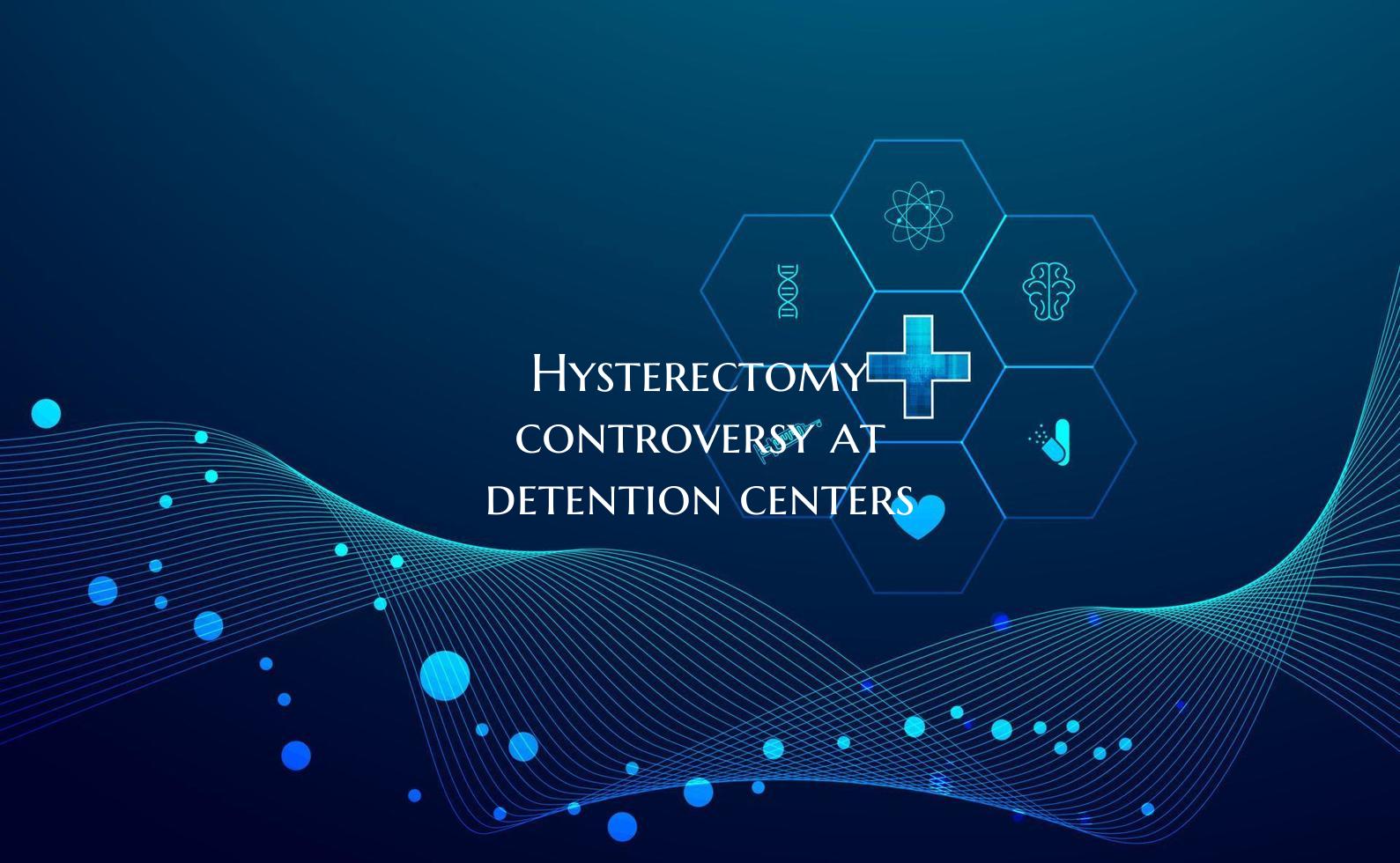
Hysterectomy controversy at detention centers
Introduction: In recent years, reports have surfaced regarding a disturbing controversy surrounding hysterectomies being performed on female detainees in detention centers. These allegations have brought to light concerns about the medical treatment of individuals in immigration detention and have sparked debates on human rights, healthcare standards, and ethical considerations. Let's delve deeper into this troubling issue to understand the background, implications, and ongoing discussions surrounding hysterectomies in detention centers.
Background: Hysterectomy, the surgical removal of the uterus, is a major medical procedure often done for medical reasons such as cancer or severe health conditions. However, in the context of immigration detention centers, the controversy arises when allegations suggest that hysterectomies are being performed on detainees without their full consent or proper medical justification. Such cases raise questions about whether detainees are being subjected to unnecessary surgeries and if their reproductive rights are being violated.
Implications: The allegations of forced or coerced hysterectomies in detention centers have significant implications on various fronts. From a human rights perspective, it raises concerns about the treatment of vulnerable populations and the violation of basic rights to bodily autonomy and informed consent. Additionally, it sheds light on potential systemic issues within the healthcare system in detention facilities, including inadequate medical oversight, lack of proper procedures for obtaining consent, and potential abuse of power by healthcare providers.
Ethical Considerations: The ethical considerations surrounding the hysterectomy controversy at detention centers are complex and multifaceted. Healthcare providers have an ethical duty to prioritize patient well-being, respect patient autonomy, and ensure that medical procedures are necessary and performed with full informed consent. In the context of detention centers, where individuals may already be in a vulnerable position, upholding these ethical principles becomes even more crucial.
Ongoing Discussions: The revelations of hysterectomies being performed on detainees have sparked a wave of public outrage, demands for investigations, and calls for accountability at various levels. Advocacy groups, legal experts, healthcare professionals, and policymakers are actively engaged in conversations about how to address and prevent such practices in the future. The discussions also highlight the broader issues of healthcare access, quality, and oversight in immigration detention settings.
Conclusion: The hysterectomy controversy at detention centers brings to the forefront critical issues related to healthcare, human rights, and ethics in the context of immigration detention. While further investigations and actions are needed to address the allegations and ensure accountability, this controversy serves as a stark reminder of the importance of upholding ethical standards, safeguarding individuals' rights, and promoting healthcare practices that prioritize patient well-being and autonomy.